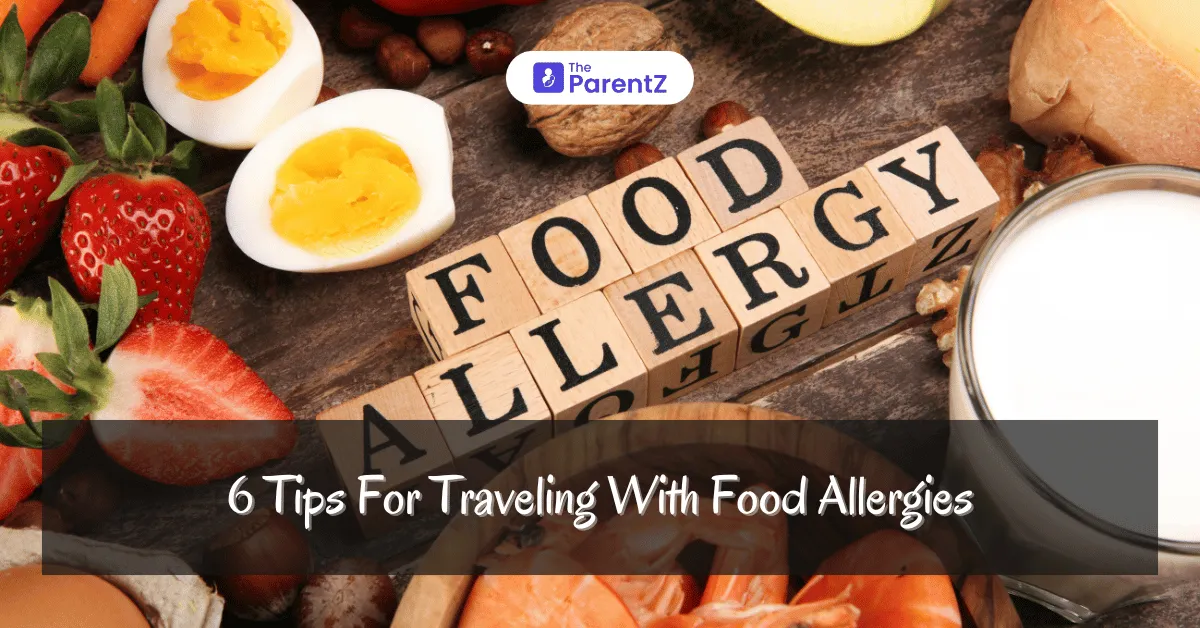Of course, who doesn't love exploring new places and meeting new people?
But if you’re someone who has food allergies, your traveling experience might feel slightly overwhelming. And perhaps the last thing you want on your vacation is an unexpected allergic reaction.
The twist is—you don't want food allergies to clip your wings every time you travel.
Here are six amazing tips for traveling with food allergies so you can stay stress-free.
Research Is The Trick
It's important to take out some time to learn about the food culture of the destination you’re heading to. The staples, the fact that they commonly use allergens, such as nuts, dairy, and gluten, the questions are many, and you need to answer it all. Things get more complicated, especially if you’re traveling to a new place with a language barrier.
Did you know that almost 10 percent of the global population has some form of food allergy? There are many apps, such as Spokin, that provide restaurant recommendations from people who have traveled to the same place with similar concerns.
Don't Miss Out On The Essentials
The key is to pack your essentials everywhere you go. Whether it's your prescribed medication, wet wipes, or your basic allergy-friendly snacks, smart packing is important on your journeys because sometimes, you may not find safe food options immediately. Most importantly, don't forget to carry all your medications.
Allergy Cards
If you’re traveling abroad, one main concern is the language barrier that can potentially cause trouble to people, especially those suffering with some kind of food allergies. The best way is to have your allergy cards ready in that local language so that chefs and waitstaff understand your needs clearly. This eliminates any risk of accidental exposure to food allergens.
Pick Your Stay With Kitchens
While staying in hotels is always a great experience, when you have food allergies, picking up vacation accommodations with kitchens can be a better idea. The reason? You can control what’s going into your meals. Almost 85 percent of allergy-prone travelers prefer accommodations where they can cook, as it reduces any risk, and you also get a chance to experiment with local ingredients.
Inform Hotels and Airlines
Whether you’re traveling on a local or an international trip, it's important to inform your hotel or airline about your food allergy in advance. This ensures your meal is free of your allergens. You can simply call ahead to discuss your dietary restrictions so that they are better prepared for your arrival.
Learn To Say No When In Doubt
If you’re ever in doubt, the best way is to say no. So even if you’re just unsure about the ingredients, it’s better to be on the side of caution than to err. Even though it may sound awkward initially, at the end of the day, your health is worth more than a little discomfort. In case you’re dining out, you can directly ask questions from the serving staff or chef about how the food is prepared and whether allergens could be present.
Takeaway
Millions of people deal with some kind of food allergies, with allergens ranging from nuts to gluten that trigger immediate allergic reactions in them. Especially for people who are traveling locally or abroad, it gets important to prepare for it wisely. The best way is to keep your essentials and medications handy while researching the destination and have some allergy cards ready so you can communicate and enjoy your travels without constantly worrying about allergies.








Be the first one to comment on this story.